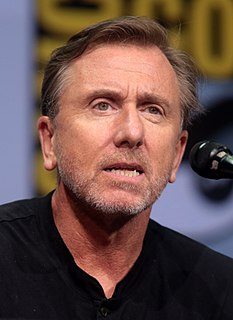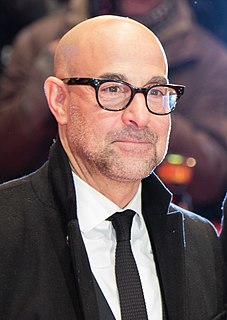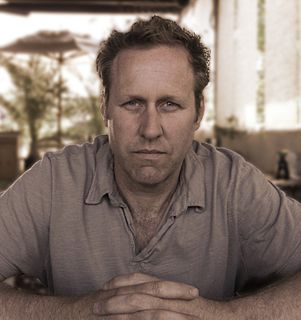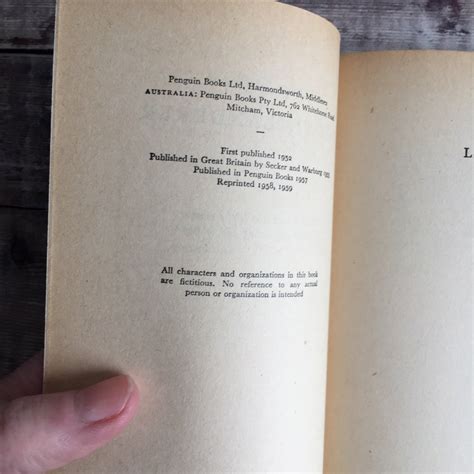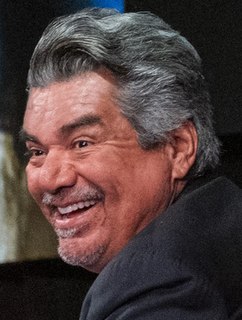A Quote by Tim Roth
You read a script and its based on 'Reservoir Dogs' and 'Pulp Fiction', and it goes right in the bin.
Related Quotes
[Hollywood] studios are handing out money to make independent films now, but they all want the same thing. They want the style and the deadpan delivery of RESERVOIR DOGS or FARGO and so they imitate those movies. They want PULP FICTION, but they get it all wrong! They get the detachment, but that's it. And then it's all about style, and in the end what do you learn about the characters? Nothing. You learn you wasted two hours.
Meanwhile, however, what’s most bothersome about Pulp Fiction is its success. This is not to be mean-spirited about Tarantino himself; may he harvest all the available millions. But the way that this picture has been so widely ravened up and drooled over verges on the disgusting. Pulp Fiction nourishes, abets, cultural slumming.
Reader's Bill of Rights 1. The right to not read 2. The right to skip pages 3. The right to not finish 4. The right to reread 5. The right to read anything 6. The right to escapism 7. The right to read anywhere 8. The right to browse 9. The right to read out loud 10. The right to not defend your tastes
